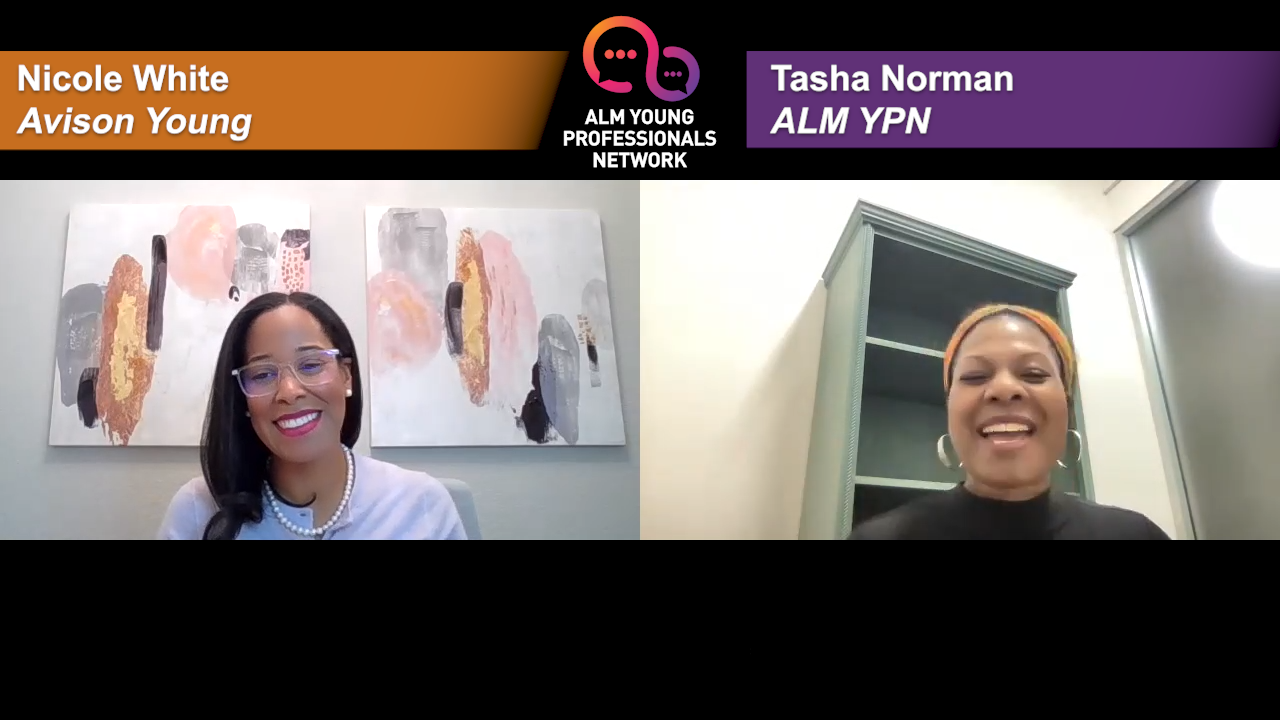SAN DIEGO—The most significant effects that Title 24 has on a lease relates to which party will bear the cost of the upgrades required to make the space compliant with the legislation, Steven Shupp, project management director for CBRE in San Diego and Newport Beach, CA, tells GlobeSt.com. Title 24, which went into effect in July 2014, is intended to increase the electrical efficiency of California's buildings; the energy code impacts the replacement of lighting fixtures and modifications to existing electrical infrastructure. We spoke exclusively with Shupp about how the law can affect lease rates and what tenants and owners should know about it.
GlobeSt.com: What are the most significant effects Title 24 has/will have on leases?
Shupp: The most significant effects that Title 24 has on a lease relates to which party will bear the cost of the upgrades required to make the space Title 24 compliant. When a renovation triggers Title 24, it is important to identify the cost versus benefit when negotiating whether the landlord or tenant will cover the cost. If the landlord provides tenant-improvement dollars for the upgrades in a NNN/+E (the tenant only pays electricity) lease, this indirectly provides future savings for the tenant on utilities. On the other hand, if a landlord pays for the upgrades in a full-service gross (FSG) lease, they will break even in an average of 10 years. Either way, it is imperative that the responsibility of these costs are negotiated and clearly stated in the lease in order to avoid any disputes and to ensure cost are fairly distributed between the landlord and tenant.
GlobeSt.com: What should tenants and owners be aware of that they may not be with regard to this legislation?
Shupp: Tenants and owners should be aware of the different implications of Title 24 on new construction and renovations. New construction is automatically required to comply with Title 24; however, it only applies to renovations if the improvements trigger the specific new codes. Common triggers include light fixtures as well as mechanical infrastructure, but Title 24 only applies to the enclosed space or suite being renovated. Both owners and tenants also should keep in mind the increased costs and construction timelines as these new codes are mandated. For buildings less than 10,000 square feet, the contractor is permitted to review designs. The design of any project on a building between 10,000 and 50,000 square feet can be completed by a design engineer, but any project designs for a building over 50,000 square feet must be completed by a third party not associated with the building project.
GlobeSt.com: How will developers' and owners' approach to energy efficiency change as this legislation takes hold?
Shupp: This legislation brings the importance of energy efficiency to the forefront during the planning stages for new buildings and for renovations. More time and money is allocated to this effort, and energy efficiency in buildings will soon be the norm. Aside from the social-responsibility aspect, energy-efficient buildings save on utility costs in the long run and prevent the need for updates for compliance purposes in the future. Developers and owners are motivated to implement energy efficiencies into building designs in an effort to create an attractive environment for tenants and increase the property value.
GlobeSt.com: What else should our readers know about Title 24 and leases?
Shupp: It is important to know that the overall intent of Title 24 is to implement energy efficiency and ultimately reduce overall energy use in California. Commercial buildings account for a large portion of energy demand, so mandating efficiency in lighting, mechanical systems and building envelope will make a significant impact to energy savings. Developers, owners and tenants placing an emphasis on Title 24 and creating more energy efficient spaces will lead to a brighter future for California.
© 2025 ALM Global, LLC, All Rights Reserved. Request academic re-use from www.copyright.com. All other uses, submit a request to [email protected]. For more information visit Asset & Logo Licensing.







